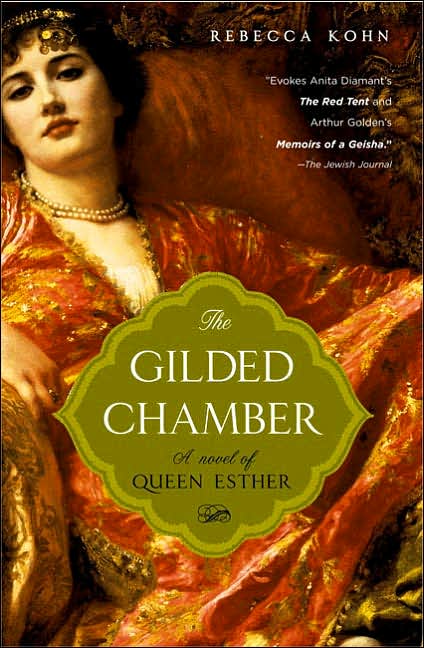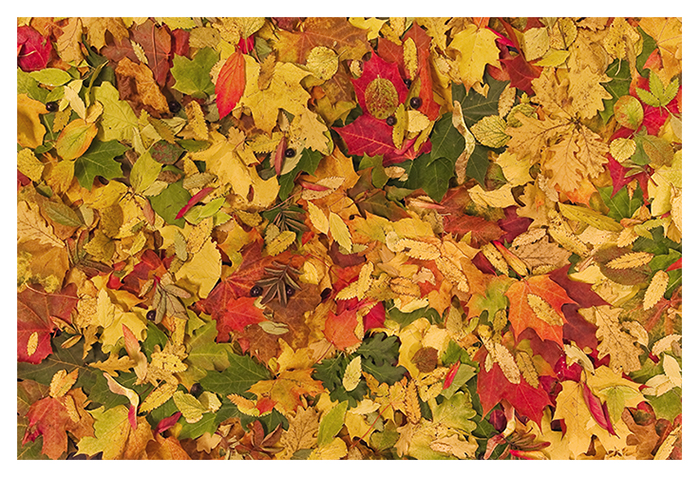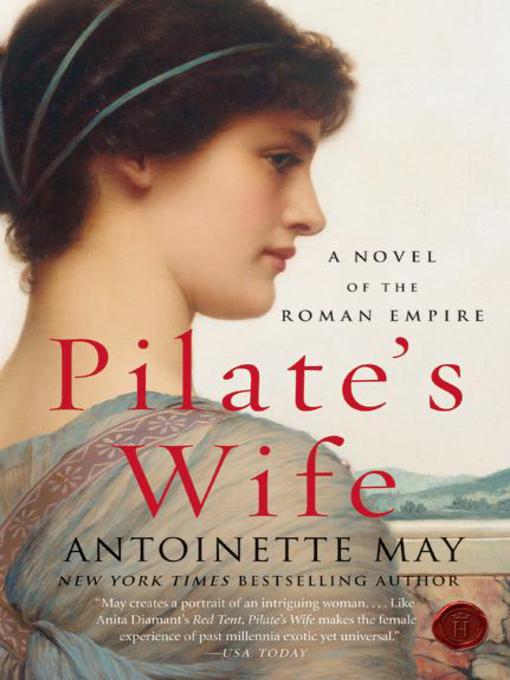1. What author do you own the most books by?
Nobody really. I have so many books and they're all by different authors. I can only think of a handful of writers that I have more than one book by.
2. What book do you own the most copies of?
I don't. I only have one copy of each book I own.
3. Did it bother you that both those questions ended with prepositions?
Not really. Surveys are allowed to be so casual.
4. What fictional character are you secretly in love with?
Definitely Sena Jeter Naslund's portrayal of Count Axel von Fersen in "Abundance". I was swooning each time he walked into the scene.
5. What book have you read the most times in your life?
When I was little I read "Where the Wild Things Are" more times than I can count. However, now that I've grown up I really only read books once. There are many plays I've read multiple times, though.
6. What was your favorite book when you were ten years old?
Heh, probably "Where the Wild Things Are". I can't wait for the movie!
7. What is the worst book you’ve read?
Oh, there are several. "Robinson Crusoe," "Lord of the Flies," and "1984" are the ones that I hated most.
8. What is the best book you’ve read in the past year?
Without a doubt Sena Jeter Naslund's "Abundance". It's epically beautiful.
9. If you could force everyone you tagged to read one book, what would it be?
Hmmm... either "Abundance" because it was so captivating or "Perfume" because it was such a different type of store---so haunting, so strange, so intriguing.
10. Who deserves to win the next Nobel Prize for literature?
I'm not sure.
11. What book would you most like to see made into a movie?
"Pilate's Wife," "The Birth of Venus", and "The Royal Physician's Visit" would all make excellent movies!
12. What book would you least like to see made into a movie?
"Lord of the Flies". Ugh.
13. Describe your weirdest dream involving a writer, book, or literary character.
I haven't really had any weird dreams, but I have these super frustrating dreams sometimes about writing. I'll dream that I came up with a groundbreaking plot idea for my story or was writing the most wonderful novel... then I wake up and can't remember any of what I was writing in my dream. :(
14. What is the most lowbrow book you’ve read as an adult?
Nothing comes to mind.
15. What is the most difficult book you’ve ever read?
"Love in the Time of Cholera". I was excited about it. I gave it a try. I tried really hard. The writing was beautiful, but I just wasn't hooked in the first few pages or even the first couple chapters. If a story can't reel me in, I quit.
16. What is the most obscure Shakespeare play you’ve seen?
I don't know about obscure, but I saw an adaptation of "The Taming of the Shrew" set in 1950s America. It was ok. I reeeeally want to see a production of Shakespeare's "Julius Caesar" though.
17. Do you prefer the French or the Russians?
I'm drawn more to French things.
18. Roth or Updike?
I am acquainted with both, but I don't know either one enough to have a preference.
19. David Sedaris or Dave Eggers? ~
Same answer as above.
20. Shakespeare, Milton, or Chaucer?
Shakespeare---I do love him despite believing the real Shakespeare was Edward de Vere. Yes, I went there. :P
21. Austen or Eliot?
Same answer as 18 and 19.
22. What is the biggest or most embarrassing gap in your reading?
High school. I didn't read much for enjoyment.
23. What is your favorite novel?
I have a new favorite: "Abundance". :)
24. Play?
Oh, man! Theatre was my life in high school, so there are many many plays that I love for various reasons. "Our Town," "Miss Julie," "Twelfth Night," "Chapter Two," and sooo many more.
25. Poem?
"Ode on a Grecian Urn" and "Ode to Psyche" by John Keats are my all-time favorites.
26. Essay?
Nothing is coming to mind.
27. Short story?
"The Story of an Hour," "The Yellow Wall-Paper," "Daisy Miller," and lots of Edgar Allen Poe stories.
28. Work of non-fiction?
"The Complete Pompeii".
29. Who is your favorite writer?
I honestly don't really have a "favorite". I have ones that I love and enjoy, but no overall favorite.
30. Who is the most overrated writer alive today?
I'll have to think about this one.
31. What is your desert island book?
"Abundance". I'd read it again.
32. And … what are you reading right now?
"Pilate's Wife" by Antoinette May.
I tag anyone who wishes to take the time to do this. :)

















